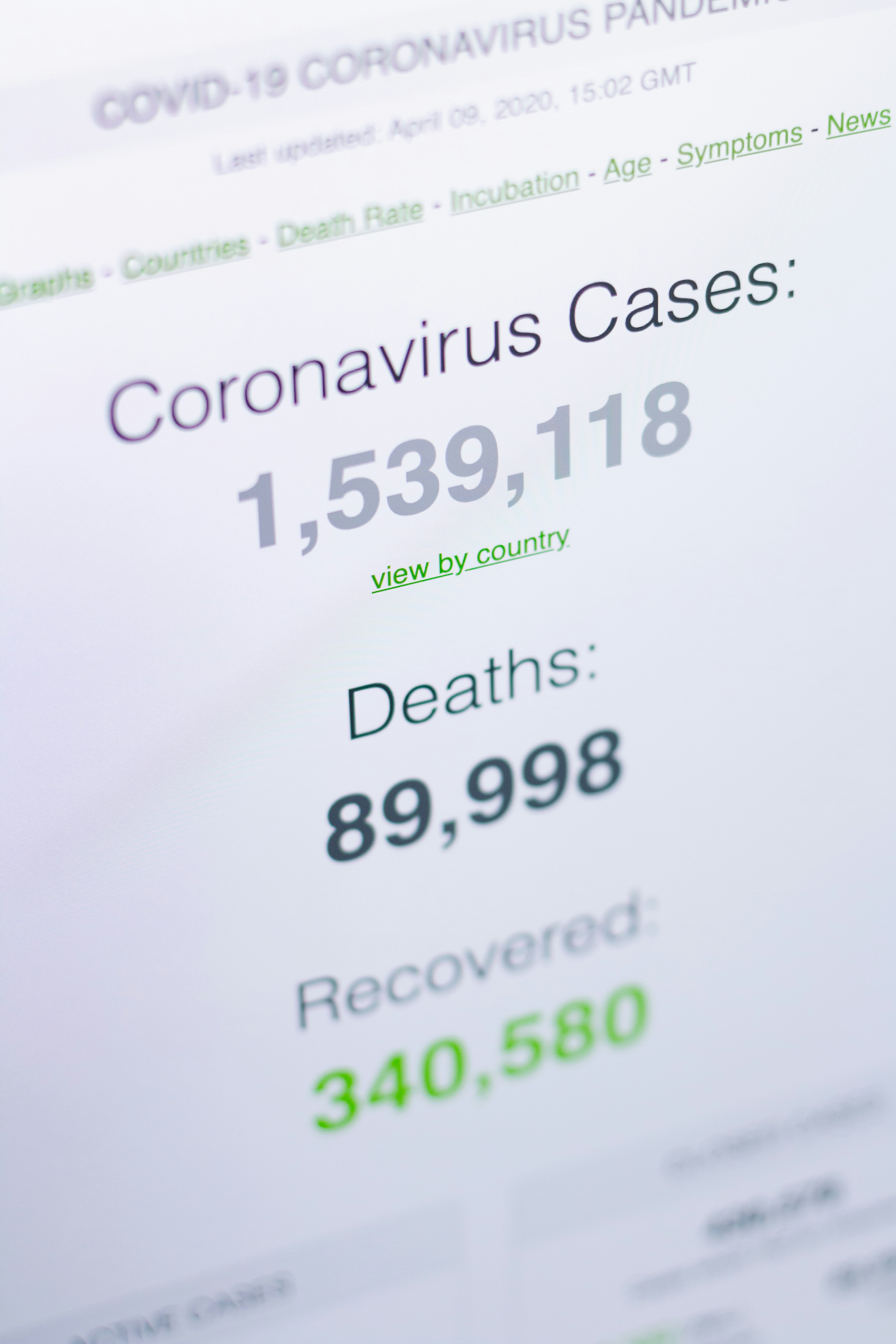
Are you bored by being alone together with your ideas? Does the considered cooking a meal, brushing your enamel, or taking a stroll with no podcast, TV present, or music enjoying ship you into a chilly sweat? If that’s the case—in line with a development circulating on social media—you’re an ideal candidate for one thing referred to as a “dopamine detox.”
It entails figuring out behaviors that you just flip to too regularly for a fast enhance—primarily issues like social media, gaming, and watching TV—then taking a break from them for a couple of days to per week. The objective is to recalibrate your mind’s reward pathways.
Although some proof means that taking a break from sure unhealthy behaviors can show transformative, most analysis focuses on scientific addictions, not the each day temptations all of us face. That hasn’t stopped content material creators from overstating the science to vow unmatched happiness, productiveness, educational success, and plenty of cash from a digital detox—all unrealistic claims. It’s only a momentary break, and whereas that may be good, it received’t change your life. Actual change takes extra energetic work.
However should you hold your expectations in examine, you might discover {that a} digital detox is a useful gizmo for self-reflection.
Dopamine’s position within the mind
A “dopamine detox” focuses on that individual mind chemical as a result of it’s delicate to stimuli like social media. Briefly depriving your self of such triggers ought to theoretically recalibrate your mind’s shops of dopamine and due to this fact make your pleasure facilities extra balanced, the claims go.
In fact, mind chemistry is extra sophisticated than that. Dopamine is only one neurochemical that contributes to happiness, and unplugging for a couple of days received’t rewire your thoughts. Nevertheless it would possibly enable you to acknowledge the triggers you’re leaning on, says Dr. Anna Lembke, a psychiatry professor on the Stanford College Faculty of Medication and creator of the ebook Dopamine Nation: Discovering Stability within the Age of Indulgence. “Once we’re consuming digital media,” she says—like TV exhibits, TikTok, podcasts, and music—“it releases a whole lot of dopamine in a selected a part of the mind referred to as the reward pathway.” When dopamine is distributed hurtling down this pathway, it units off feeling within the mind. Any rewarding stimulus—a bit of sweet, a “like” on a publish, or the begin to your favourite track—may give you this little hit.
This pathway works finest when it will get to hum at a pure degree and spike at totally different factors all through the day, like at mealtimes. However a lot of the content material on our telephones, says Lembke, is designed to activate the reward pathway as strongly as potential, that means that frequent use theoretically releases a “firehose of dopamine stimulation.”
Our understanding of how the mind responds to ceaseless stimulation from our devices comes primarily from analysis on drug habit, which commandeers the identical reward pathways. “In an effort to compensate,” says Lembke, “our mind begins to downregulate our personal dopamine manufacturing and transmission, to convey it again to baseline.” A dopamine deficit, which may outcome from the extremes of all types of habit, can result in emotions of despair and nervousness. “Now we have to hold participating in these behaviors—ingesting digital media—to not really feel good and pleased, however simply to really feel regular,” explains Lembke. That’s the place a detox might be useful.
Can a “dopamine detox” actually reset your reward pathways?
“Detox” is a deceptive time period on this context. The phrase describes the removing of one thing dangerous and unnatural, however dopamine, made within the mind, is neither of these issues—neither is it being eliminated. The follow can also be generally referred to as a dopamine “quick,” and whereas the objective is to starve that dopamine-specific reward pathway of fixed activation, the chemical continues to be current and energetic all through the mind.
What’s really being reduce out throughout this follow is no matter stimulus an individual is hoping to really feel much less depending on. A extra apt (however much less catchy) identify for the routine is likely to be “dopamine recalibration.” Actually, it’s a dedication to breaking dangerous habits.
Trying this recalibration isn’t only for individuals who really feel like compulsive media use is taking on their lives, says Lembke. “I really like that the youthful technology is exploring digital detox and attempting to experiment with how they really feel once they’re not consistently engaged with our digital units,” she says. “It’s solely by stopping for a time frame that we will actually see how this know-how is impacting our psychological well being.”
Learn Extra: How one can Get More healthy Dopamine Highs
The best “dopamine detox” can be a personalised one, says Lembke. Chopping down on the tech you utilize most frequently is an apparent place to begin, however dopamine hits can come from a number of locations. Lembke, as an illustration, says that essentially the most highly effective break she’s ever taken was from studying romance novels. Regardless that they weren’t on a display screen, the compulsive manner she’d churn via their predictable plot factors indicated to her that the interest had hijacked her reward system. Even after 4 weeks—which is usually lengthy sufficient to alter a behavior —she nonetheless craved the books. After taking stock of her habits, she says, she “was lastly in a position to hint it to listening to pop music, as a result of virtually all pop music is love songs. So I finished listening to pop music, and that basically helped me cease craving romance novels, which helped heal my mind to the purpose the place now I can take heed to all types of music and never crave studying.”
If there’s a behavior or machine that you just really feel has too sturdy a maintain over you (perhaps, as an illustration, going to the lavatory with out your cellphone makes you are feeling antsy), it is likely to be goal for this strategy.
What to anticipate throughout a “quick”
Apart from scientific research about drug habit, there’s not clear analysis on what occurs while you stop your mind’s favourite reward chilly turkey. In the case of how the mind interacts with social media, “all we actually have is our scientific expertise,” says Lembke.
“Once we’re working with sufferers who’ve really turn out to be pathologically hooked on digital media, they often really feel fairly dangerous for 10 to 14 days” once they first reduce it out, she says. After that, she says, sufferers start to have the ability to focus once more, to decelerate and revel in actions that will have appeared boring earlier than, like taking a quiet stroll or cooking a meal. Step by step, as a result of it’s not getting used, the affiliation between the issue habits and the dopamine reward turns into weaker, making it simpler for individuals to renew utilizing their units in a much less problematic manner.
Numerous the self-help content material circulating about dopamine detoxes leans into what we all know from scientific therapy of true behavioral habit, however we all know much less about how extra minor behavioral tweaks—like chopping down on social media for per week—impacts the dopamine reward pathway. For individuals with out an habit, a stimulus quick doesn’t must be methodological; there’s no actual proper or incorrect size of time to attempt it. What’s extra necessary is paying shut consideration to how you are feeling whereas doing it, which can enable you to discover automated behaviors that won’t have registered earlier than, like Lembke’s pop-song behavior.
Even a brief step again can educate us lots. “We’re consistently reacting to exterior stimuli, which signifies that we’re not likely giving our brains an opportunity to type a steady thought or staying quiet lengthy sufficient to have spontaneous ideas,” says Lembke.
Extra Should-Reads From TIME



